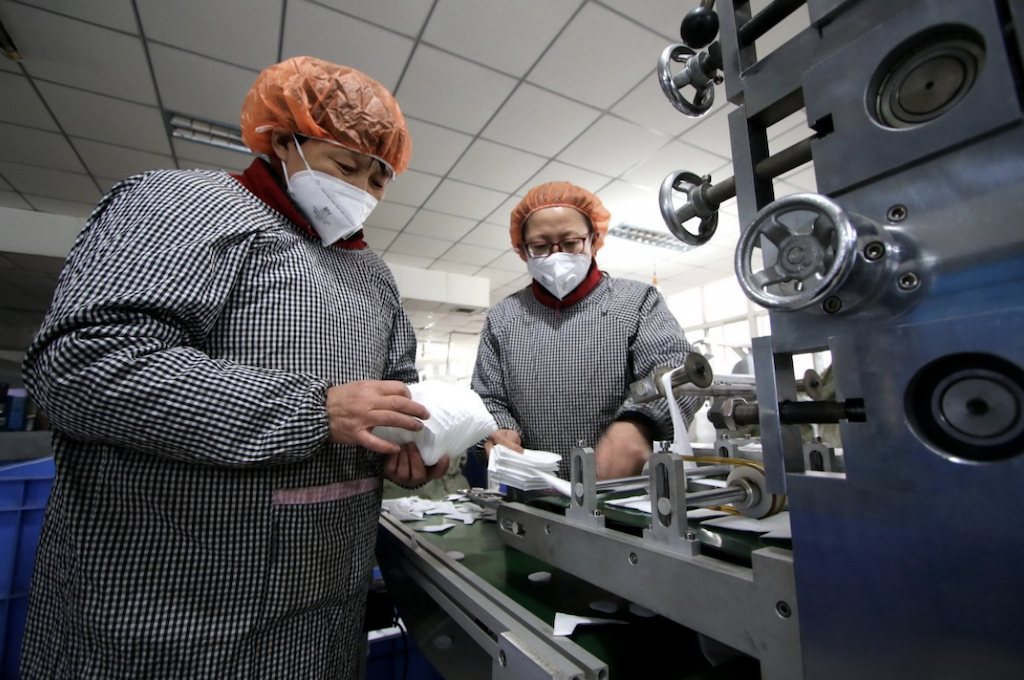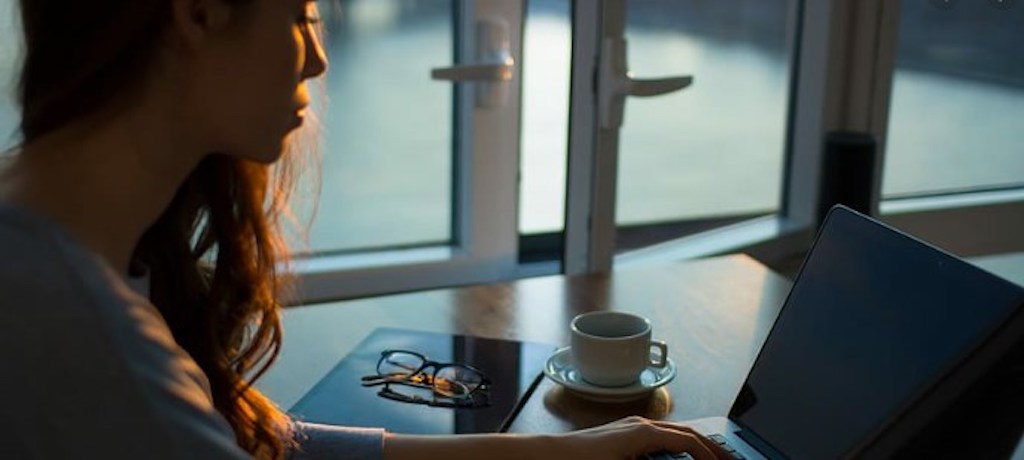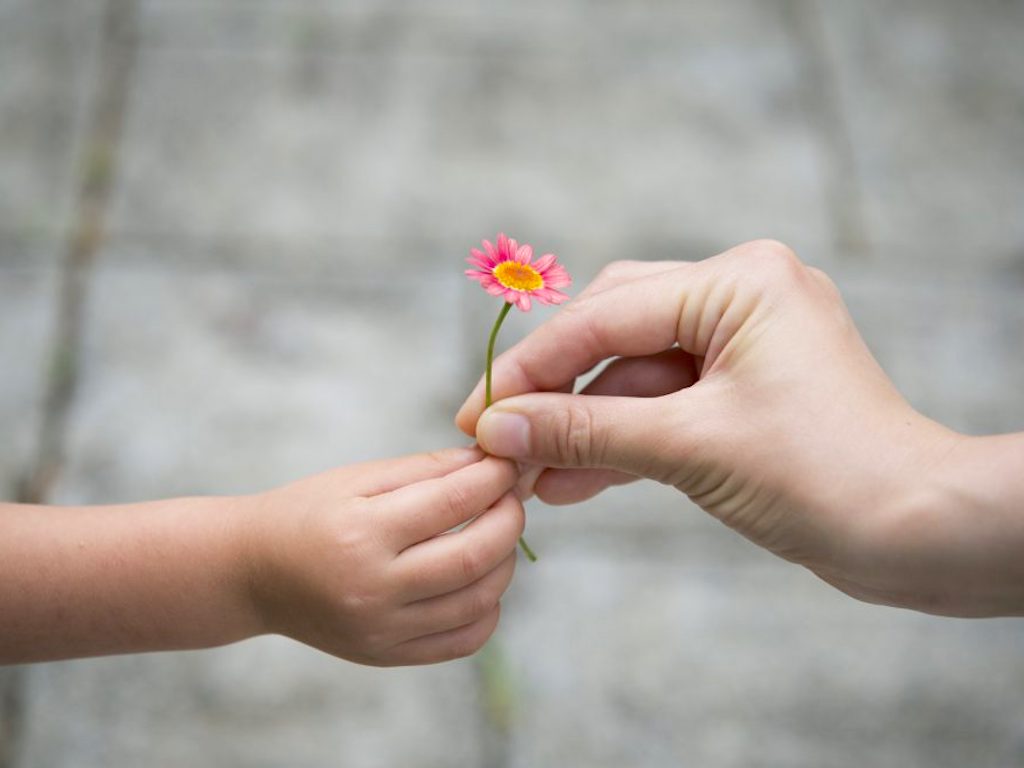8 Mins Read
The coronavirus pandemic that is sweeping the globe has completely changed our daily reality. According to the latest data, two billion people on the planet are now on lock-down. Which means they have to work from home, are isolated from friends, family and colleagues, are unable to perform basic daily tasks. This has fundamentally changed how we live our lives, and many of us will come out of this different people. As I’ve been thinking about everything going on, I’ve been pondering how we can do better. As I wrote about in my Green Queen Weekly Editor’s Letter this week, as devastating as the virus is, it’s also an opportunity to re-assess and to change. So below, I’m sharing my 10 hopes for how we will change in this new the post corona future.
We pay frontline workers the wage they deserve
Whilst many of us are stuck at home during the pandemic, frontline workers have never worked more or harder or at greater personal risk to themselves. Nurses, orderlies, delivery-people, food preparations cooks, servers, street sweepers, garbage people, emergency personnel, fire services, the list is endless…These people have what officials deem “essential” positions, which means while the rest of us can hunker down on the couch and binge watch Netflix shows at the moment, these people have to show up. We actually cannot function without them. So they deserve to be paid a living wage, one that covers more than just food and rent. They need proper healthcare. They need to be able to save. They need to be able to take care of their children and their older family members. We must do better here! A civilised, modern society must ensure we all have a decent standard of life, no one more so than the people that make daily life possible.
We un-gig the gig economy
I like convenience as much as the next person and there’s no doubt that food delivery companies and on-demand drivers are useful and necessary. That being said, if you as a platform are profiting off the back of people’s labour, then those deserve to be paid properly and enjoy basic employment rights, including but not limited to: healthcare if not available by the state, paid sick leave, paid annual leave, maternity & paternity cover. Across the world, restaurants are now shut- some by choice, others by government order. Most can only offer takeout or delivery. Countless people are now relying on delivery people to get them food, groceries and other basics (pharmacy items, essential clothing, medication). Guess who makes the deliveries, possibly infecting themselves on each delivery run? People who don’t have healthcare or sick leave, that’s who. It’s nothing less than shameful and we’re all guilty. Write to the delivery companies and the car platforms and tell them their workers need to be protected or you’ll boycott.

We work harder on our most valuable personal relationships
There’s nothing like a full lockdown to make you appreciate the special people in your life. Pre-corona, so many of us probably spent most of our days consumer by work, chores and were consumed by work or by ourselves. How many of us take the time to really check in with the people that really matter? We need more of this please. Nothing like a major crisis to really make you re-evaluate who matters.
We start to take better care of our elderly
Which brings me to the second part of the above point: how many of us take our grandparents for granted? With the coronavirus attacked the elderly at a higher rate than the rest of the population, grandparents and ageing parents are especially at risk and by the end of this, we will have lost too many of the older people in our lives. We need to make sure we don’t take them for granted. They need love, support and care – and they need it on the regular. Most importantly, they should not be as isolated as many of them are. In times of crisis, we need and want to be physically close to family and those we love. In many post-industrial societies, we have prioritised nuclear families (parents + kids) and disconnected from extended families (grandparents, cousins, aunts and uncles). In the midst of this corona haze, we have realised that our cherished parents/grandparents/great-aunts may be all alone, struggling to survive if they can’t go out, worried about their health and safety. Not to mention that having grandparents around when you have children can be an immense help in terms of childcare (plus kids LOVE and NEED their grandparents). Many cultures believe in joint families, the idea that multi-generation families live together or close-by. Obviously, people need personal space and many of us are used to a high degree of privacy, especially as compared to people a hundred years ago. But we could be closer. Living in the same apartment complex as your parent for example. What’s sure? Our older relatives should not have to be isolated and alone.
We put an economic value on childcare
Millions of families are currently stuck at home with their kids – and there’s no school, daycare, babysitters, tutors, adventure centres, activities…for most people, this means they are looking after their kids and in many instances homeschooling, every day, all day. Anyone who is honest about spending all day every day with your kids will tell you it’s physically exhausting, mentally challenging and requires boatloads of creativity and patience. Even if they are your children, this is a job and should be accounted for as such. This means economists and businesses need to start putting an hourly wage value to this work so when a parent chooses to stay out of the workforce to raise their children, it is clear the value they are bringing to the family.
Read: My 10 Business Predictions For A Post Corona World By Green Queen
We create a more positive relationship with technology
Luddites may disagree with me, but I believe that without technology, living through this pandemic with its lockdowns and self-isolations would be so much worse. We’ve never needed our devices more. Thanks to technology we have millions of books, songs, TV shows, movies, news articles, news shows, games, recipes, hobby suggestions and more at our ‘mouse’ tips. We can shop for almost anything, anytime, from anywhere. We can stay connected to everyone we have ever met through chats, messages, feeds, groups, chatrooms, video calls and more. We can work from home (if our job allows it) whilst not being able to leave our home. We can learn almost anything for free, for the most part. Technology is an incredible thing and it would be remiss not to underline this. But we need to use it in a better way. We need to make technology work for us (to better ourselves, to entertain ourselves, to work flexibly, connect with loved ones and society) rather than be ruled by it (cyberbullying, screen addiction, personal data breaches). We need more oversight and regulation. Yup, I said the dreaded R word. But that’s my hope.

We offer employees more flexibility
One of the most touching things I read when the coronavirus first hit Hong Kong and people began staying home and working from home was a Facebook post by a physically disabled person offering advice and solace to those who felt hindered by not being able to go out due to quarantine/self-isolation/lockdown and how to her, it was great to see the world changing to accommodate limitations (physical or otherwise). It’s also been brilliant to see how many of us are actually fully able to do our jobs remotely thanks to technology. For those of us with kids, or family members that need care, or disabilities, or any other reasons that requires flexibility in terms of commuting and scheduling, it’s been a new dawn of possibilities of what we can accomplish from home, without ever stepping foot in an office. Companies that were previously anti-work-from-home have had to change their views in order to adapt to a workforce that cannot be available in person. While the data is not out yet, I doubt it has truly disrupted productivity as some CEOs worry about. What would be wonderful is if we could offer this flexibility to employees indefinitely, so that we can meet people where they are. Most humans just want to do good work and earn a decent living, so let’s empower people to do so with tolerance and flexibility rather than focusing on where they are physically.
Universal healthcare becomes a non-negotiable
Paying US$ 1,000 to get a coronavirus test? That’s what some Americans are looking up. In certain cases, it’s US$ 3,000. And that’s the people who go to the hospital. Many people without healthcare around the world choose not to go to a hospital when they are sick because they can’t afford the bill. This is outrageous. It’s also a public safety issue. With a virus like the corona pandemic, we need people to come forward if they think they are infected. We must transition to a world where everyone would come forward. That is where universal healthcare comes in, and must become a non-negotiable in order to protect lives and the safety of all.
We revive kindness
Technically this one’s already happening so it’s less of a hope and more of a please continue. This pandemic has brought out the best in many of us and in many businesses too. Untold acts of kindness are being carried out everyday across the globe as we navigate this brave new corona world. We are being more empathetic, considerate and neighbourly. The virus affects us all – rich, poor, young, old, Chinese, European… Our inherent human-ness has become crystal-clear and we must continue to celebrate it. We all need each other. No (hu)man is an island. Let’s continue to act like it.
We put the planet first
I would’t deserve my Green Queen crown if I didn’t talk about the planet a little. And what’s been really amazing over the past few weeks is how many headlines there have been around climate change: from virtual strikes, to lower pollution levels because of closed factories, to renewed calls to reduce our consumption of animal-protein- the planet is on our minds like never before and rightly so. The spiritually among us believe the pandemic is nature’s way of resetting things. They may be right. We have a chance to start afresh. Let’s not squander it.
Lead image courtesy of Adobe Stock.





